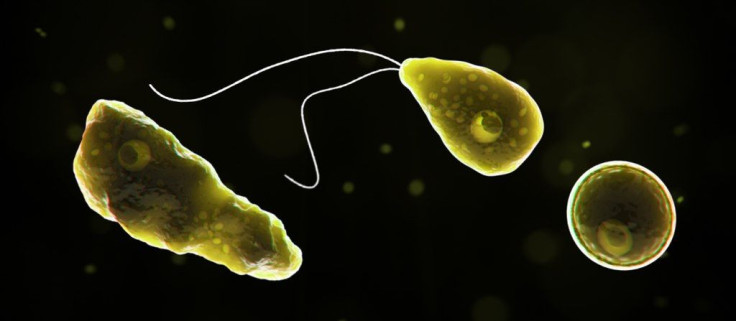Brain-Eating Amoeba Infection In Florida: How To Protect Yourself
KEY POINTS
- Authorities are monitoring the situation for possible additional cases
- Naegleria fowleri infections are rare
- They cannot occur by drinking tap water
Health authorities in Charlotte County, Florida, have issued safety instructions to the community after it confirmed one case of a brain-eating amoeba.
The Naegleria fowleri, more commonly known as "brain-eating amoeba," infection may have resulted from sinus rinse practices using tap water, according to the Florida Department of Health in Charlotte County (DOH-Charlotte).
"The Department is working with health care facilities to monitor any indications of additional infections," it noted.
Naegleria are single-celled living amoebas that are so small that they can only be seen using a microscope, according to the U.S. Centers for Disease Control and Prevention (CDC). Of the Naegleria species, the Naegleria fowleri is said to be the "only one" that infects people.
The amoeba enters the body through the nose via inhalation of contaminated water and then moves from the nose to the brain. It destroys brain tissue, potentially causing a brain infection called primary amebic meningoencephalitis (PAM), which is said to be "almost always fatal."
Typically, such infections happen when people swim or go diving in freshwater, such as in rivers or lakes, the agency said. People can also get infected when they use contaminated tap water to cleanse their noses, and, albeit rarely, from recreational waters without "enough chlorine."
"DOH-Charlotte, as part of a multi-agency response, is continuing to investigate how this infection occurred and is working with the local public utilities to identify any potential links and make any necessary corrective actions," it noted.
The agency stressed people will not get infected by drinking contaminated tap water and that Naegleria infections are "rare."
In the U.S., somewhere between zero and five cases of Naegleria fowleri infections were diagnosed annually from 2012 to 2021, with a total of 31 infections during the period.
Given the situation, Charlotte County residents have been asked to take precautionary measures, including the use of only sterile or distilled water as sinus rinse solutions. But if tap water is used for the purpose, it should be boiled for "at least" a minute and cooled first before usage.
People should keep their swimming pools "adequately disinfected before and during use," while children shouldn't be allowed to play with sprinklers or hoses unsupervised as this may lead to them squirting water up their noses accidentally.
The full guidance is available on the DOH-Charlotte website. The agency has urged residents to seek medical care if they experience symptoms after "nasal water exposure."

© Copyright IBTimes 2024. All rights reserved.






















